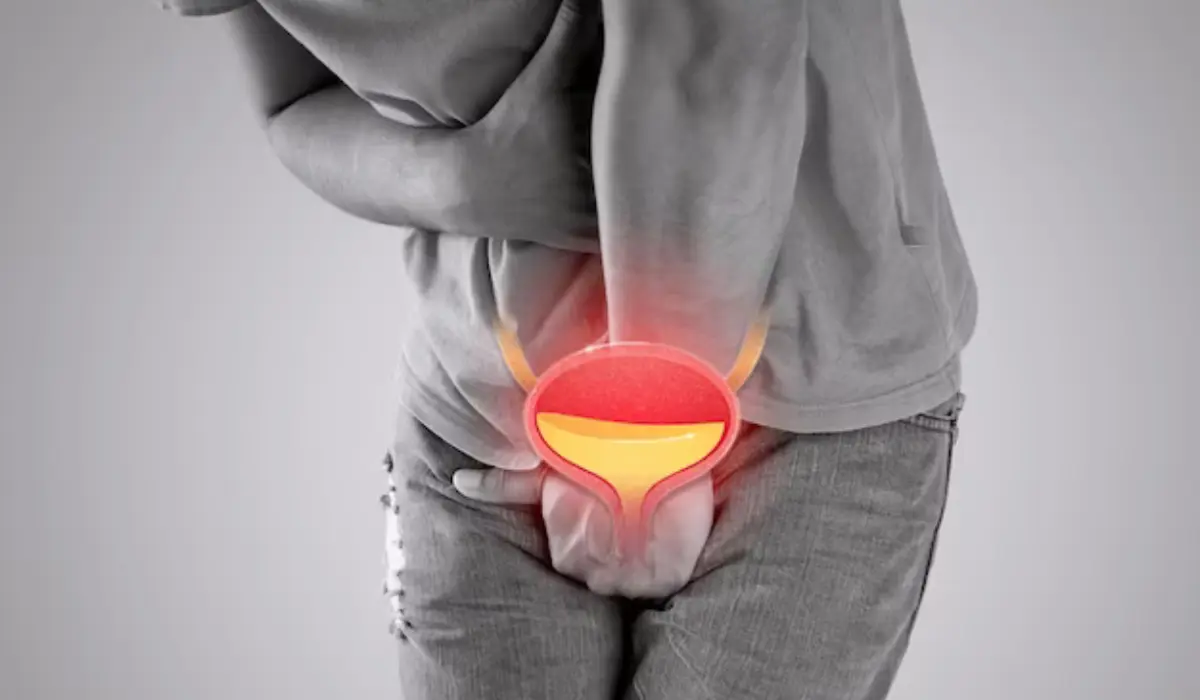There are many diseases that people are often apprehensive to talk about. This leads to the spreading of a lot of misinformation regarding the subject. It makes treatment difficult for the patients. Additionally, they might not want to disclose the idea of their contraction thinking of the isolation and ridicule they could face.
Urinary Tract Infections or UTIs are more common than one might think. Though it is common in women, men can also contract UTIs where the urinary tract and its complementary organs go through cycles of infection caused by bacteria.
In some cases, it could spread to other parts of your body and can wreak havoc than it should. This article aims to educate you about the dreaded condition, its symptoms, causes, and treatment so you can care for yourself or your loved one.
What Are Urinary Tract Infections And Their Symptoms? How Do You Get An Urinary Tract Infection?
In simple words, urinary tract infections could mean a set of complex diseases that are often the result of bacterial activity in one’s urinary area.

This includes the kidney, urethra, bladder, and ureters. Some of its major symptoms include the following:
1. Pain Or Burning During Urination
This is one of the most common and primary symptoms of the disease. The affected person often finds it difficult to understand the problem as the pee could burn like you have eaten chili. Moreover, this could go on for a few days before one is relieved.
2. Frequent Urination
This is one of the most difficult symptoms to recognize. An average healthy person should use the washroom every 2 hours and 7-10 times a day. If you are using the washroom every 30 minutes to 1 hour, things might not be so well at the other end. You should consider this as frequent urination.
3. Urgency To Urinate
Urinary contingency is often seen in pregnant women or the elderly. This is because of the pressure of the uterus on the bladder so that might not be able to hold it in for a long time. However, if none of this is the case, you must consider getting treated for UTI or some unwanted ailment.
4. Cloudy Or Smelly Urine
Urine is pale yellow. However, if you see that the urine seems like lather and leaves out a pungent smell then you could be infected by bacteria in your urinary tract. This is not to say that urine is not without a smell but a strong pungent smell is uncommon.
5. Lower Abdominal Pain Or Discomfort
Most people undergo these changes where they could be sensitive about the stomach. Once you rule out other symptoms only consider anything else. Since the kidney is in the lower area, the pain could concentrate on that area in particular.
Causes Of UTIs
There are multiple causes of Urinary tract infections including:
1. Female Anatomy
Doctors believe that the female anatomy is one of the primary reasons why they are vulnerable to contracting UTIs. In men, the urethra is narrower while in women it is shorter and wider making it easier for bacteria to be introduced into the system.
2. Sexual Activity
Urinary Tract Infections are the result of a group of bacteria known as E. coli. The E-coli bacteria is often found in one’s anus and having sexual contact without protection could cause this bacteria to travel to the urethra and inside the body.
3. Urinary Tract Abnormalities
Some people have a different anatomy that makes their urethra vulnerable to bacteria that cause Urinary Tract Infections making the introduction into the body easy.
4. Use Certain Types Of Birth Control
There have also been pieces of evidence to suggest that using a particular kind of birth control could adversely affect the urinary system. Although most are safe, diaphragm and spermicide are considered to be unsafe and can increase the chance of contracting these diseases.
5. Urinary Tract Blockages
Some people could contract diseases that often block their urinary passage this includes kidney stones, or gall stones which often pass through the urethra and hence form an obstruction.
6. Fatigue Or Weakness
Due to severe pain, one might not feel the energy to eat and hence feel weak even to do their basic daily chores. You should try to consume something to avoid extreme dehydration and fatigue.
7. Fever
People have reported feeling chills or feverish to the extreme extent that they shake.
Treatment For UTI
Now that we know what causes UTIs, we can discuss the treatment plans for the disease. If one contracts the disease, doctors may suggest them to-
- Take antibiotics– Antibiotics are the most common course of action taken to cure infection in your bladder. The type and kind could differ according to your suitability.
- Pain relievers– As they can cause severe abdominal discomfort in some individuals, people are often suggested to take over-the-counter medications to alleviate the pain.
- Increased fluid intake– Hydration is key to almost all body processes so if an infection strikes, the body needs to have enough water to flush out the toxins and the bacteria. Therefore, people are suggested to drink water.
- Avoid irritants– Unlike popular belief, several external factors can irritate the bladder area and ultimately lead to this disease. Smoking, alcohol, and spicy foods are all found to be culprits behind it.
- Urinary Tract analgesics– Apart from medication to remove the infection from one’s body, analgesics are also prescribed which could relieve some of the symptoms like a burning sensation while peeing.
Several dietary supplements can be used to support prostate health and improve urine flow.
Prostadine might be a good option for anyone looking for a natural way to promote the wellbeing of prostate.
Along with taking supplements, it’s critical to lead a healthy lifestyle that minimizes stress, avoids smoking and excessive alcohol use, and consists of a balanced diet and frequent exercise. It’s also advised to speak with a healthcare professional before beginning any new supplement regimen to make sure it’s suited for your needs and safe.
Also Check: Discover The Top 5 Anti-Ageing Skincare Ingredients For a Flawless Complexion
Takeaway
Urinary tract infections are common yet not enough conversation is carried out about them. People often consider it to be a topic of taboo and especially women feel shy to consult a doctor. However, in no way is it an easy condition that could be resolved on its own.
We must understand that Urinary tract infections should be treated with medicines either over-the-counter or antibiotics. In any case, if not treated properly it could lead to permanent damage in kidneys which could mean your body cannot purify blood. To avoid this, you should be aware of the condition and its implications.

